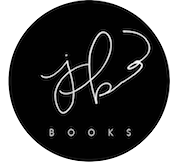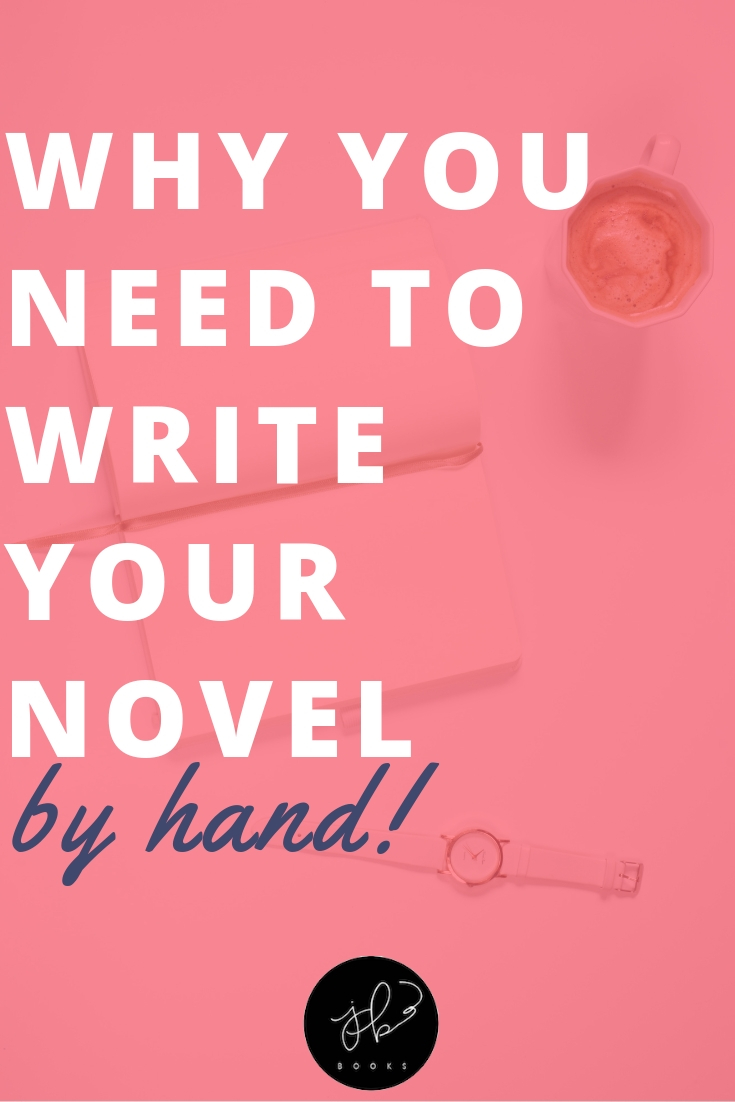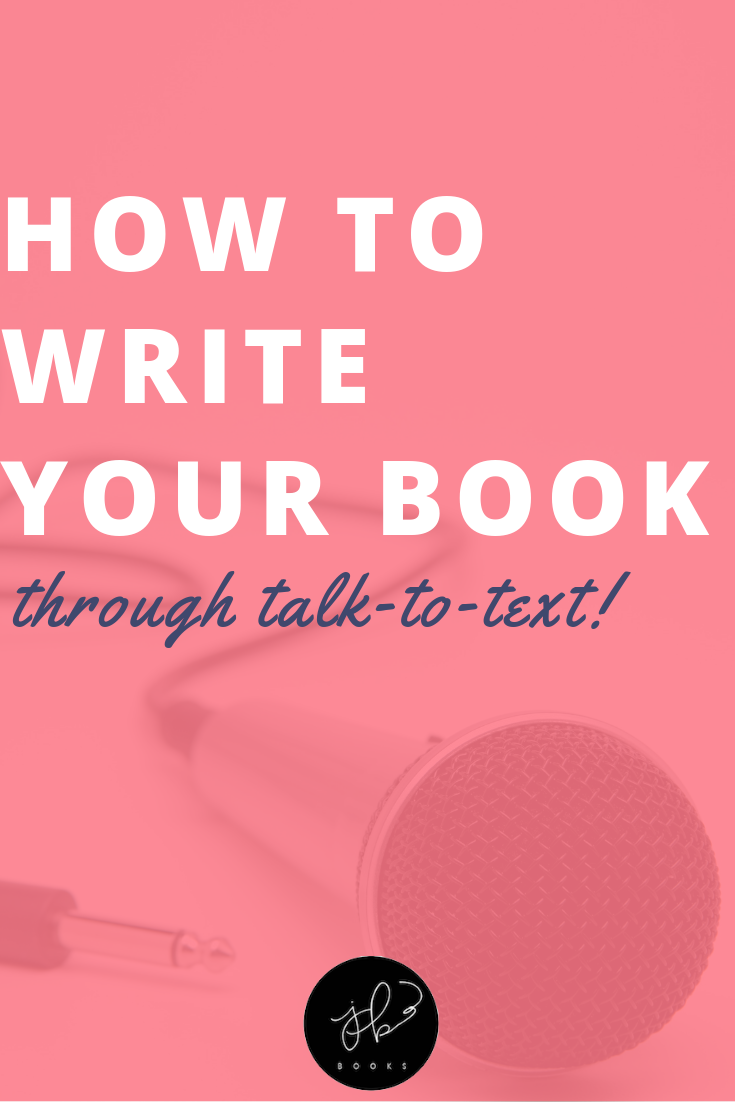Who doesn't love Pinterest? Want to know more on how writers can use Pinterest? You've come to the right place!
There’s a difference between distraction and inspiration. It’s a very thin line that exists between them, and I'm pretty sure that line is called Pinterest. When I spend hours on Pinterest, looking at home décor and thinking, “Oh, if only I had the money!” or at stick thin models thinking, “OMG all I need in this world is a turban headband and an oversized sweater,” that’s distraction. Sometimes though, I make Pinterest work to my advantage.
I’ve got a secret board that I call, “Book Board,” which is extremely original, I know. That’s where I’ll put everything that really inspires me, like settings, what I think my characters might look like and pictures that I feel could feed into my story somehow. Pictures evoke emotion, plain and simple.
When I used to scribble story ideas when I was younger, I’d get wrapped up in Google Images, trying to search out exactly what I wanted everything to look like. Characters. Their cars. Their makeup. I'd spend hours. That’s distraction. Now, I only refer to Pinterest when I really need a jumpstart to the writing. Use it for good, my friends.
There are so many reasons why Pinterest can be a writer's best friend! Here are my top 5:
1. Writing Tips.
There are some great articles out there for writers, and Pinterest is a great way to find them. Need editing tips? Here's one I found. How's about organizing? Check this out. The awesomeness is endless. If you want help, you can follow my writing tip board here.
2. Book Lists.
Looking for your next book? Or maybe some book reviews? If you're like me, you may like pretty pictures. And Pinterest has some awesome book cover art, like this one here. You could even do something really neat and make a board for all the books you've read that year! And the ideas just keep on coming.
3. Quotes.
Who doesn't love quotes? I have to say I'm pretty proud of my quote board, and I'm always adding to it. It's a great way to keep you inspired, and to get some advice from the greats. You can even make your own quotable pins over at Recite This!
4. Writing Prompts.
Sometimes you really need a kickstart to get into writing, and prompts are a helpful way to do that. Pinterest is always keeping writers up to date with original prompts. Here's a perfect board to follow.
5. Inspiration Board.
Again, we're back to the book board idea. I keep mine private, but there are plenty of writers with boards upon boards just for world building! It's awesome! Here's an example.
Are you on Pinterest yet? Let's be friends! Follow me here. How are you using Pinterest as a writer/reader? Comment below!
















